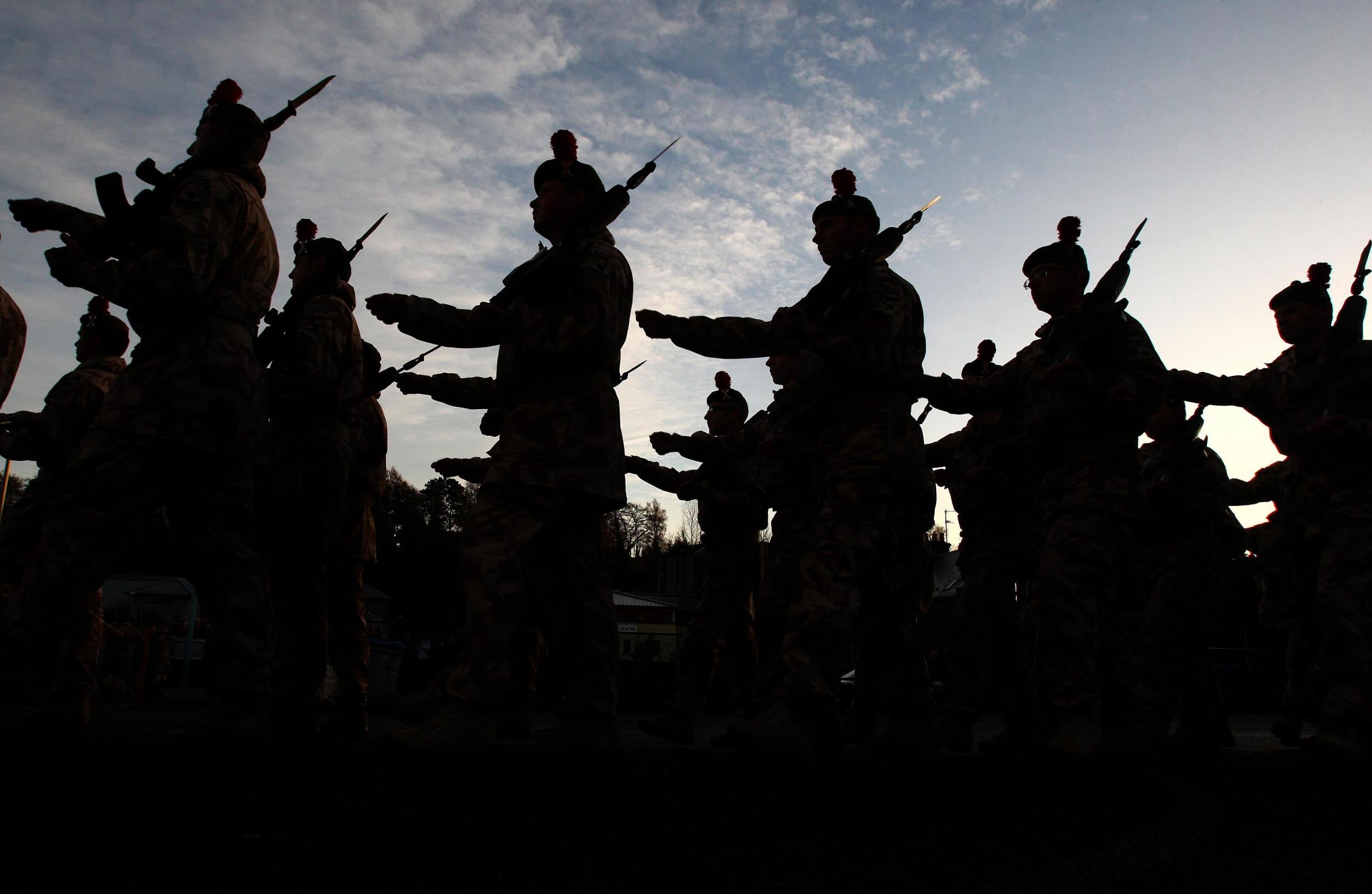At least 16 members of UK armed forces investigated over extremism concerns
Referrals to Prevent serve as ‘reminder of ever-present threat’ from far-right, say campaigners

More than a dozen members of the armed forces have been referred to the UK’s counter-terrorism programme, according to new figures.
Ministry of Defence (MoD) data shows that in 2019, a total of 14 investigations into serving military personnel were conducted, with 11 of those sparked by far-right concerns. There were fewer than 10 investigations the following year and “less than five” so far in 2021, according to information revealed under a Freedom of Information request.
The MoD failed to give a precise breakdown, meaning the number could be even higher. Referrals to Prevent are made when there are concerns that an individual is at risk of becoming involved in terrorist activity.
Nick Lowles, Hope Not Hate’s chief executive, told The Guardian, which obtained the data, that “referrals of so many serving military personnel to Prevent, and the general rise in violent far-right extremism in society as a whole, should act as a reminder of the ever-present threat of [far-right] extremism and the need for the MoD to increase its internal education and enforcement of its publicly stated rules”.
An MoD spokesperson said: “We do not tolerate extremism of any kind and it is not compatible with the values and standards of our armed forces. We continue to be vigilant and will take early action to confront and challenge such behaviours if they occur, including referrals to appropriate authorities.”
In 2018, a British Army soldier who vowed that he would “die committed to the white race” was jailed for being a member of a neo-Nazi terrorist group.
Lance Corporal Mikko Vehvilainen had been trying to recruit fellow soldiers for National Action in preparation for a race war to “cleanse our lands”.
The 34-year-old was one of eight members of the terrorist group to be convicted in a series of trials that dismantled its Midlands cell.
Since 2012, almost 3,000 people have been placed on Prevent’s voluntary programme, and last year 82 per cent of those that left the scheme did so with no further radicalisation concerns, the government said.
Of the 697 who received support between April 2019 and March 2020, 43 per cent had been referred due to concerns regarding extreme right-wing radicalisation, while 30 per cent related to Islamist radicalisation.
Bookmark popover
Removed from bookmarks